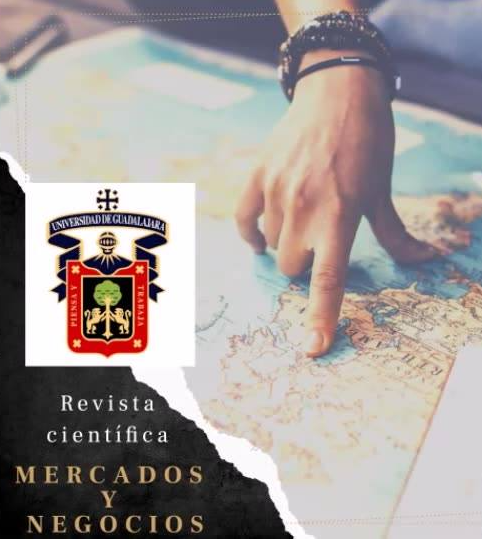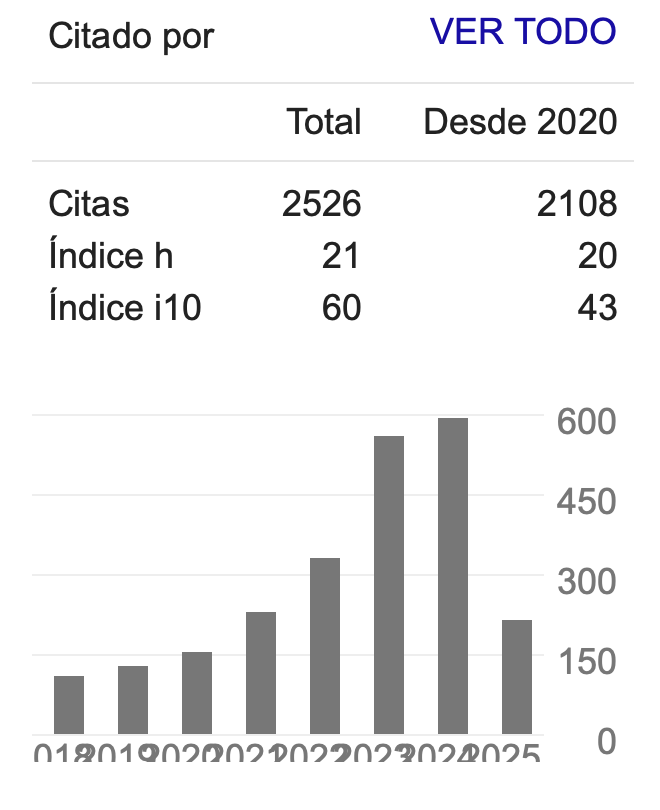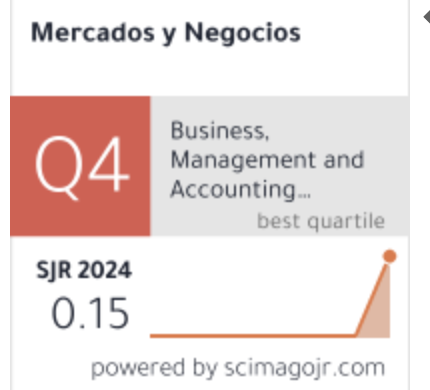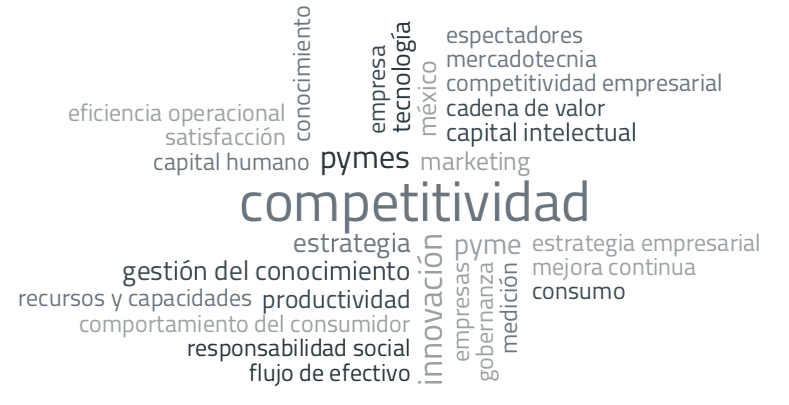Speculation about the Future of Capitalism
DOI:
https://doi.org/10.32870/myn.v0i44.7645Keywords:
Capitalism's future, changing capitalism, ddiirection of future capitalismAbstract
The future is unknown. Discussing possible future events cannot provide any evidence to support it. An argument without evidence is merely conjecture and speculation. However, in speculation, we can use existing and past patterns of events to suggest the direction of possible future affairs. This paper speculates on the future changes that capitalism may take. In so doing, it uses past and present developments in sciences and the changing values. It offers two possible scenarios. The first scenario is an optimistic one, and the second is not very optimistic. One could even say it is a pessimistic prediction.References
Buckley, P. J. (1988). The limits of explanation: Testing the internationalization theory of multinational. Journal of International Business Studies,
, 181–193.
Buckley, P. J., & Caisson, M. (1976). The future of the multinational enterprise. London, England: Holmes and Meier.
Davenport, T. H., and Glaser, J. (2002). Just-in-Time delivery comes to knowledge management. Harvard Business Review, July 5-9.
Dunning, J. H. (1980). Toward an eclectic theory of international production: Some empirical tests. Journal of International Business Studies, 1(1), 9–31.
Fatehi, K., and Choi, J. (2019). International Business: Succeeding in a culturally diverse world. The Springer-Nature, Switzerland, AG.
Fatehi, K. and Franza, R. (2020). Systems consideration for adopting Just-In-Time production, . Journal of Competitiveness Studies. (in print). Rank C.
Fatehi, K., and Taasoobshirazi, G. (2020. Mutating capitalism: Contemplating the future. Thunderbird International Business Review, 62:161–169.
Fatehi, K., and Sanchez-Gutierez, J. (2018). The Gradual Slide toward Homogeneity: The Influence of Convergence Forces. Global Business Review, 16(1), 96-106.
Guardian: http://www.thegauurdian.com/business/2016/jan/18/richest-62-billionaires-wealthy-half-world-population-combined.
Halal, W., Kolber, J., and Davies, O. (2016). Forecasts of A.I. and future jobs in 2030: muddling through likely, with two alternative scenarios. Journal of Future Studies, December, 21(2), 83-96.
Fayerweather, J. (1982). International business strategy and administration. Cambridge, MA: Ballinger.
Harari, Y. N. (2017). Homo Deus: A brief history of tomorrow. Harper Collins Publishers. New York, N. Y.
Hecksher, E., & Ohlin, B. (1933). Interregional and international trade. Cambridge, MA: Harvard University Press.
Hinds, P., Liu, L., & Lyon, J. (2011). Putting the global in global work: An intercultural lens on the practice of cross-national collaboration. The Academy of Management Annals, 5(1), 135–188.
Hymer, S. (1970). The efficiency (contradictions) of multinational corporations. American Economic Review, 60, 441–448.
Jolie, A. (2013). My medical choice. New York Times, May 14.
Marchetti, C. (1994). Anthropological invariants in travel behavior. Technological Forecasting and Social Change, 47(1), 75–88.
Mishel, L., and Wolfe, J. (2019). CEO compensation has grown [by] 940% since 1978. Typical worker compensation has risen only 12% during that time. Economic Policy Institute https://www.epi.org/publication/ceo-compensation-2018/ Accessed August 14, 2019.
Ostler, N. (2010). The last lingua franca: English until the return of Babel. New York, NY: Walker & Company.
Svenmarck, P., Luotsinen, L., Nilsson, M., Schubert, J. (2018). Possibilities and challenges for artificial intelligence in military applications. In Proceedings of the NATO Big Data and Artificial Intelligence for Military Decision-Making Specialists' Meeting. Neuilly-sur-Seine: NATO Research and Technology Organisation.
UNCTAD. (2001). World Investment Report 2001: Promoting Linkage Overview. United Nations, New York, NY, and Geneva, Switzerland.
UNCTAD. (2019). Prosperity for all. Geneva, Switzerland.
Vernon, R. (1966). International investment and international trade in the product cycle. Quarterly Journal of Economics, 80, 190–207.
Vernon, R. (1971). Sovereignty at bay. New York, NY: Basic Books.
Wild, J. J., and Wild, K. L. (2019). International business: The challenges of globalization. New York, N. Y.: Pearson
Wells, L. T. (1968). A product life cycle for international trade. Journal of Marketing, 33 (July), 1–6.
Wells, L. T. (1969). Test of a product cycle model of international trade. Quarterly Journal of Economics, 83(1), 152–162.
Zachary, G. P. (1988). Dual citizenship is a double-edged sword. The Wall Street Journal, B1–B2.
https://hbswk.hbs.edu/item/quantifying-the-economic-impact-of-t
Published
How to Cite
Issue
Section
License
Copyright (c) 2021 Kamal Fateh

This work is licensed under a Creative Commons Attribution-NonCommercial 4.0 International License.
Mercados y Negocios by Department of Mercadotecnia y Negocios Internacionales. University of Guadalajara is licensed under a License Creative Commons Attribution-NonCommercial 4.0 International.
The author retains the copyright.








